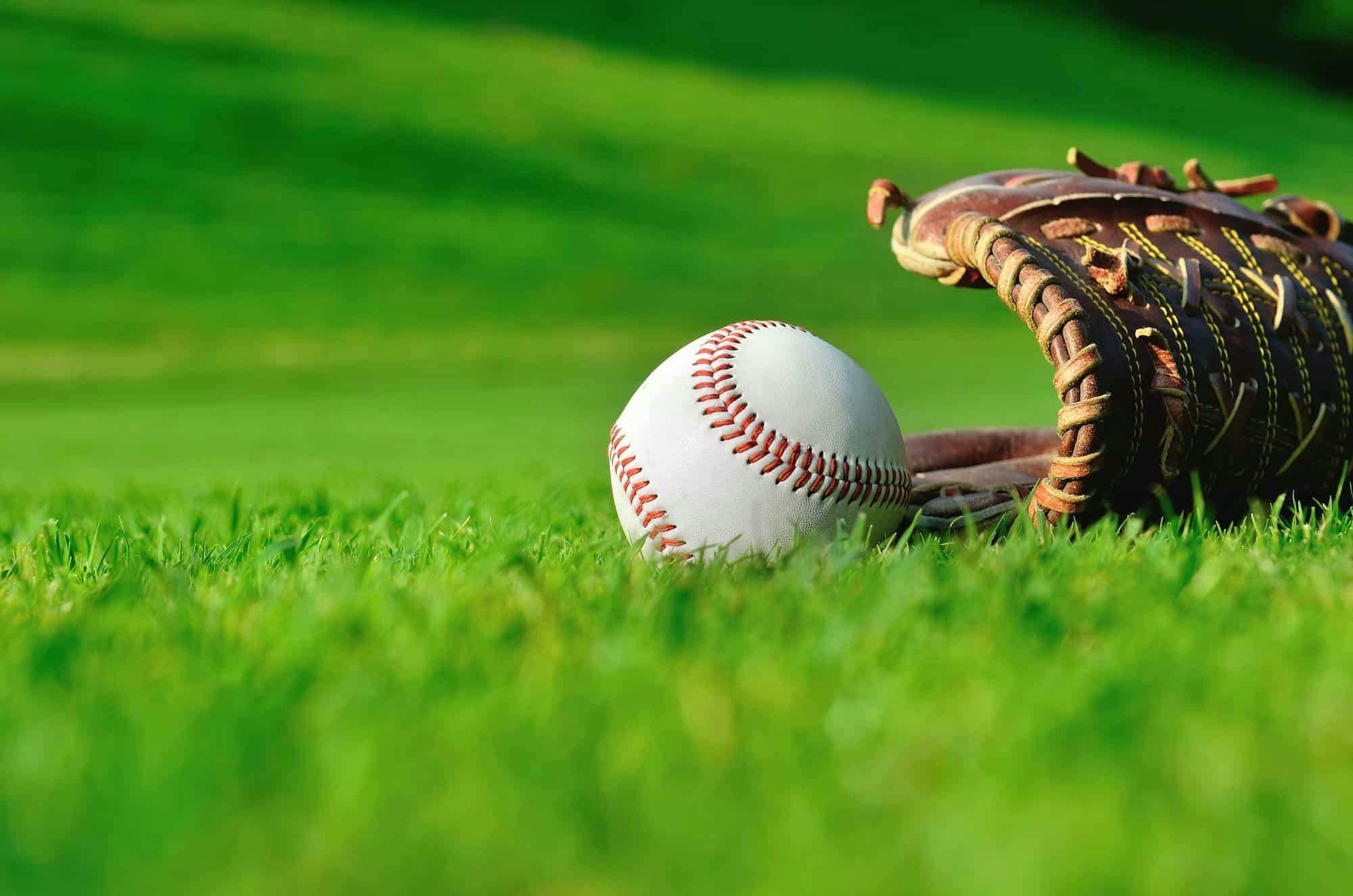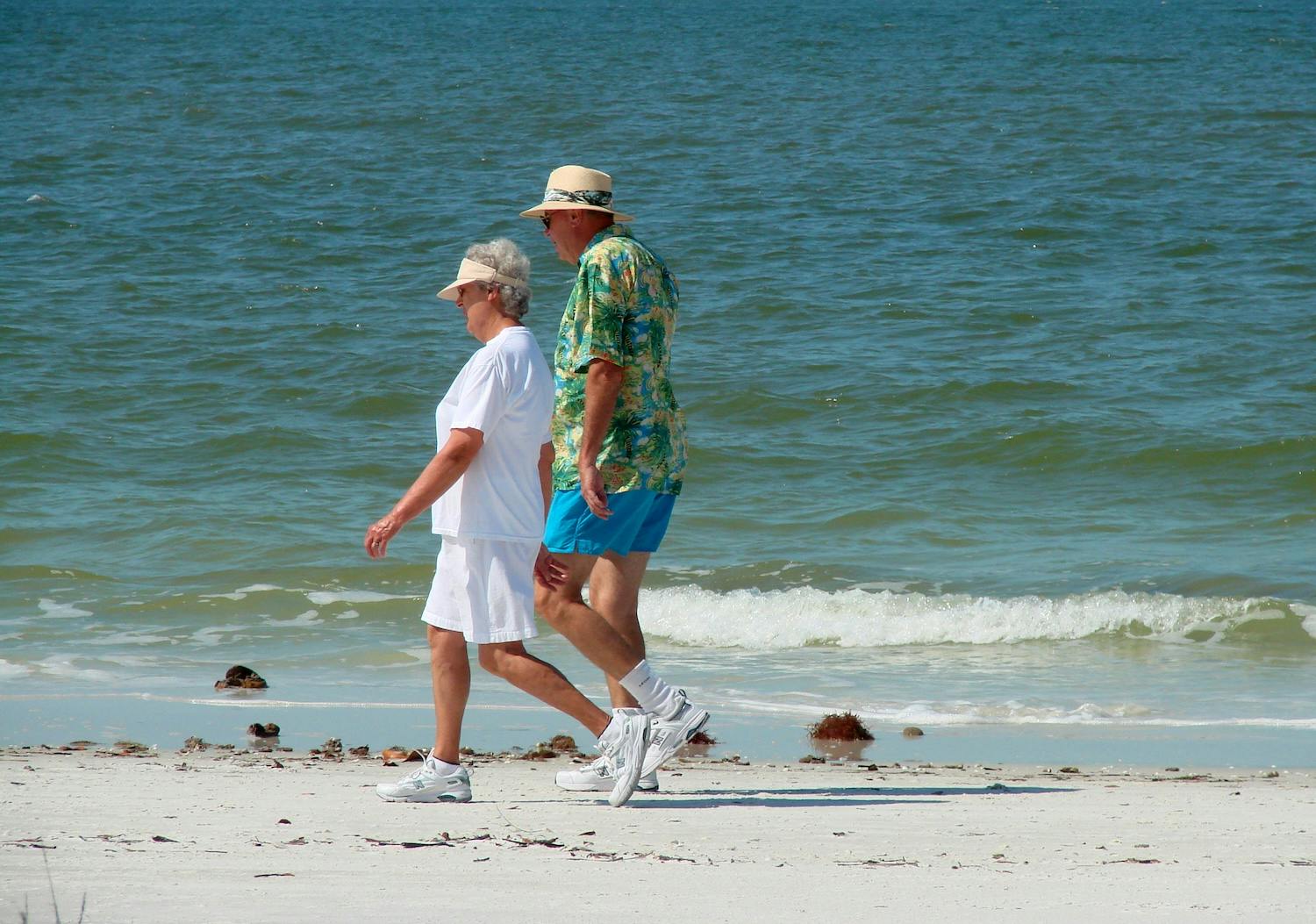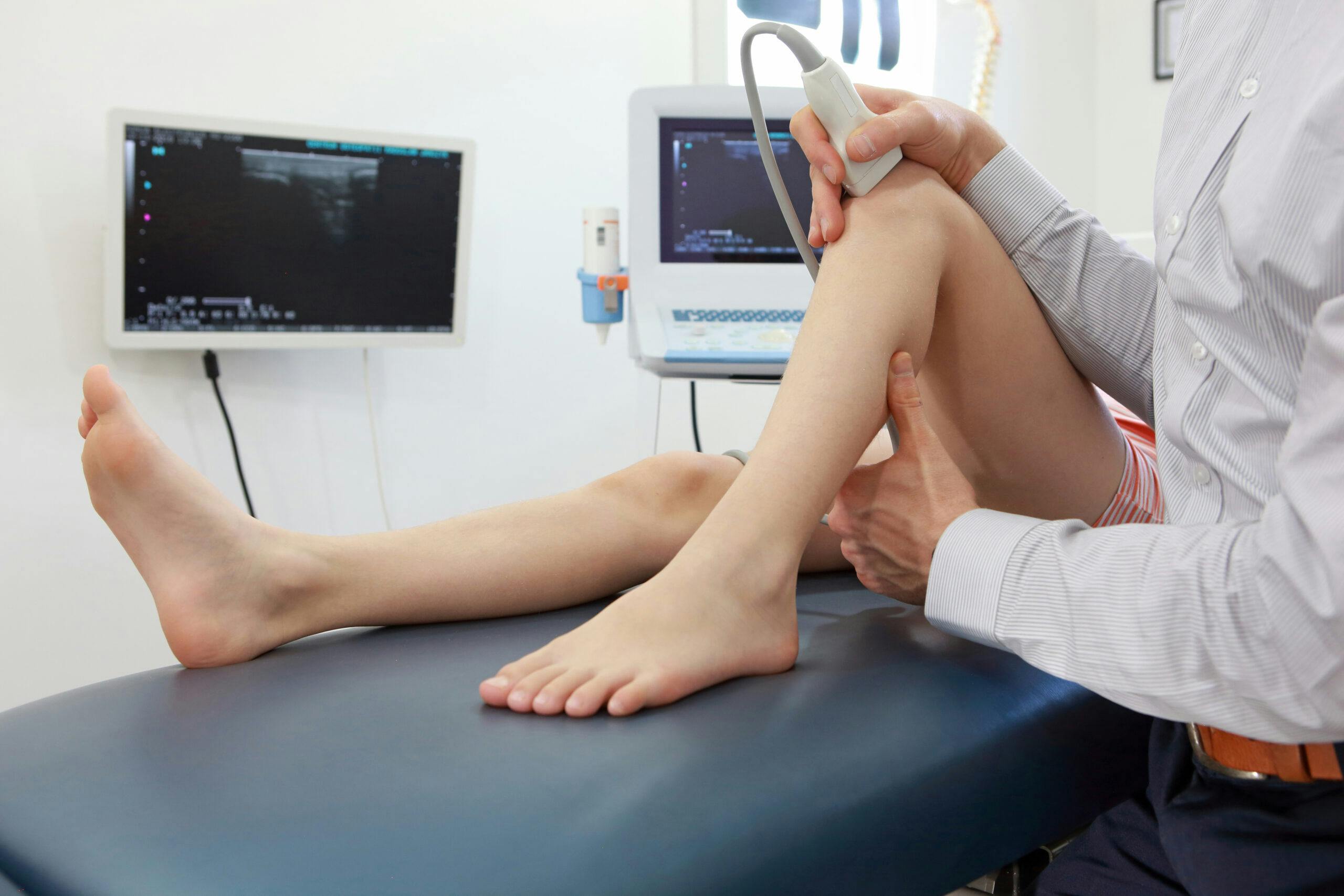- Blog
Baseball Injury Prevention
Posted on 12-12-2025 in Primary Care Sports Medicine, Regenerative Medicine, Rotator Cuff & Shoulder by Dr. Joshua Hackel

Posted on 12-12-2025 in Primary Care Sports Medicine, Regenerative Medicine, Rotator Cuff & Shoulder by Dr. Joshua Hackel
While baseball is considered a non-contact sport, injuries and conditions related to America’s favorite pastime can yield equally traumatic consequences if not correctly diagnosed and treated. Aside from painful strains, sprains and bruises, the most common injuries that players experience are overuse of the rotator cuff in the shoulder and ulnar collateral ligament tears in the elbow.
Due to the game’s repetitive nature, it’s imperative that coaches and players alike keep in mind the importance of preventative measures such as pre-season physical exams, warming up and cooling down before practices and games, and staying hydrated. Additionally, the American Academy of Orthopaedic Surgeons recommends the following:
Proper Technique:
Appropriate Equipment
Safe Environment:
Seeking Care:
The American Orthopaedic Society for Sports Medicine’s tips indicates that many injuries can be treated with active rest from sports participation until primary symptoms subside. The AOSSM further outlines the following considerations:
For those seeking treatment by Dr. Josh Hackel, players can expect a detailed exam during the initial consultation. For many patients, this includes using in-office musculoskeletal ultrasound images to assess the area of concern. As one of the first sports medicine physicians in the region to utilize ultrasound technology, Dr. Hackel is not only a sought-after clinician but an instructor as well. He teaches an annual course in partnership with the Andrews Research & Education Foundation for other physicians from around the country. If you have sustained a baseball-related injury or suffer from chronic shoulder pain, contact our office at 850.916.8783 or use our convenient online appointment form to schedule an initial consultation with our office.

September is Healthy Aging Month, an observance dedicated to promoting the positive aspects of growing older and encouraging proactive steps toward maintaining long-term health. In its 33rd year, Healthy Aging Month inspires adults of all ages to focus on lifestyle habits that support vitality, independence and overall well-being.

Musculoskeletal ultrasound imaging offers orthopaedic patients safe, painless, and real-time imaging, without any harmful ionizing radiation or the need for uncomfortable positioning. As the first sports medicine physician in the region to utilize ultrasound for diagnostic and therapeutic purposes, Dr. Josh Hackel’s commitment to innovation has improved the accessibility of care for his patients.

According to the American Academy of Orthopaedic Surgeons, approximately 2 million older Americans sustain fractures yearly due to weak bones. By 2025, that number is predicted to rise to 3 million fractures annually. At North Florida Bone & Joint Specialists, we recognize the importance of maintaining strong bones, particularly as you age. In honor of Healthy Aging Month, the following tips can help you maintain, and even improve, your bone strength: